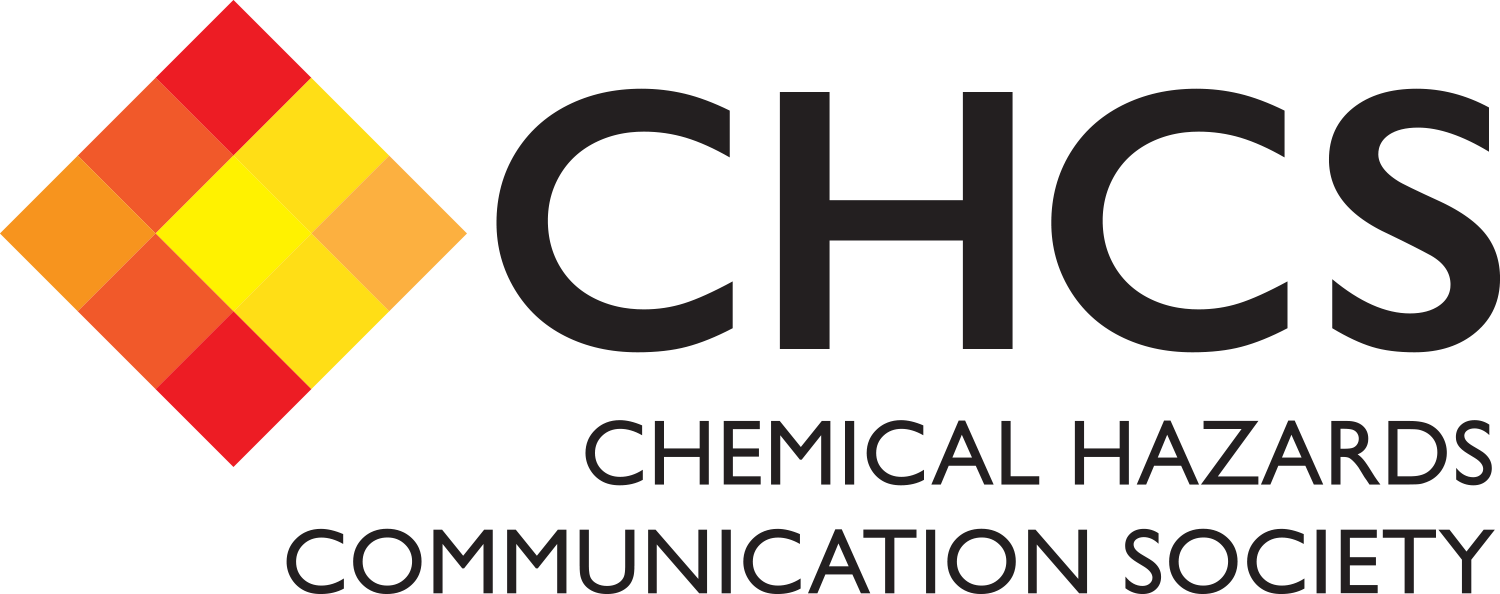Under good practice for Product Stewardship and to meet requirements under REACH, it is necessary to make an assessment of risk for known uses of materials being supplied.
So we know if a use has an acceptable level of risk, an assessment is needed in which scenarios for exposure are compared with known hazardous properties. The comparison between hazard and exposure is known as risk characterisation and is needed for the registration of substances and presented as the ‘Chemical Safety Report’ (CSR).
The findings of the CSR are summarised in the extended SDS of a substance and if supplying a mixture, the substances present that contribute to any hazard must all be considered.
This one-day course aims to cover the basic science and principles of chemical safety assessment and the CSR, dealing mainly with the technical concepts including the DNEL / DMEL and PNEC and the science behind exposure estimates.
The module also considers how the Chemical Safety Report is to be used as a basis of preparing exposure scenarios to prepare the extended SDS for substances and mixtures.
Exercises and illustrations of real CSR will be held throughout the day to assist in the understanding of the concepts introduced.
Who should attend?
The module is designed for those involved in chemical safety assessment and communication, within the context of product stewardship and with a particular focus on supply regulations, including REACH and writing extended SDS
Those attending should already understand the broad concepts of chemical supply legislation, including REACH, and also understand the science of data assessment including physico-chemical data, basic toxicology and basic ecotoxicity.
Benefits of attending
Attendance on this module will ensure that you are up to date with the requirements for the preparation of exposure scenarios and exposure estimates. To ensure the most effective training with optimum involvement in participative exercises, there will be a limit of 14 on the number attending.
IOSH members are entitled to include this module in their continuing professional development records.
What you will learn
- Technical and regulatory background, e.g.
-
- Basic principles of risk assessment, Legislative framework, Environmental and health hazards, Exposure modes, Background to EU methods / Technical Guidance Document / models /
- Chemical Safety Assessment’
-
- Interpretation and understanding of test data, What to look for in test reports, Quality of supplier safety data sheets, Looking for anomalies in data, Difficult materials, Identification of hazard from minimal data, Computer models, read across and educated guessing (SAR)
- Derived endpoints
-
- Understanding PNECs and DNELs
- Exposure Scenarios / Exposure Estimates
-
- Patterns of exposure, Understanding exposure scenarios, Use of default data, Environmental and workplace exposure, Exposure of general public
- The Chemical Safety Report
-
- Overview of document, Purpose of document, Formatting and content, Communication through supply chain, Links with SDS
- ‘Advanced’ testing and data gathering; further ‘higher tier’ options for risk assessment
-
- Environmental fate and the effects on treatment plants, Persistence and bioconcentration, Long-term health effects, Control and authorisation
Module 53 should be seen as an extension of the scientific content of the toxicology and ecotoxicology modules and the scientific basis for Module 20 ‘Exposure Scenarios’ module. If planning to attend Module 20, Module 53 will provide an important basis for understanding the technical content.
Module Tutor
The training will be given by Mark Selby of Denehurst Chemical Safety Ltd. Mark had many years’ experience with a major test house before setting up his own business and runs the very successful CHCS modules on ecotoxicology, advanced SDS writing and Exposure Scenarios.
PLEASE NOTE – IMPORTANT PRE-TRAINING INFORMATION
This is not an introduction to REACH course, some knowledge of the principles of REACH and chemistry is essential. This is predominantly a science-based day to consider how to characterise risk.
During the practical session, the targeted risk assessment model (ECETOC TRA) and EUSES (European Union System for the Evaluation of Substances) software will be demonstrated, and real CSR will be used.
Pre-attendance reading material will include links to download EUSES and ECETOC TRA models and it will be beneficial for those attending to bring laptops with these models installed. This is not essential, but may help; fully charged batteries are also recommended as plug sockets may be limited.
SCHC Members
We are delighted to offer members of the Society for Chemical Hazard Communication our training courses at CHCS Member rates. If you are a SCHC Member and would like to attend this course please contact the CHCS office at enquiries@chcs.org.uk.
Your attention is drawn to the conditions below:
Delegates can be substituted at any time, subject to payment of membership fee if applicable. However, once booked, the full fee is payable. As this is a limited space training event refunds can only be made if CHCS is notified in advance, and is able to successfully re-offer the place to another delegate.
CHCS reserves the right to alter or cancel the programme due to circumstances beyond our control. If CHCS cancels, then refunds will be made.



